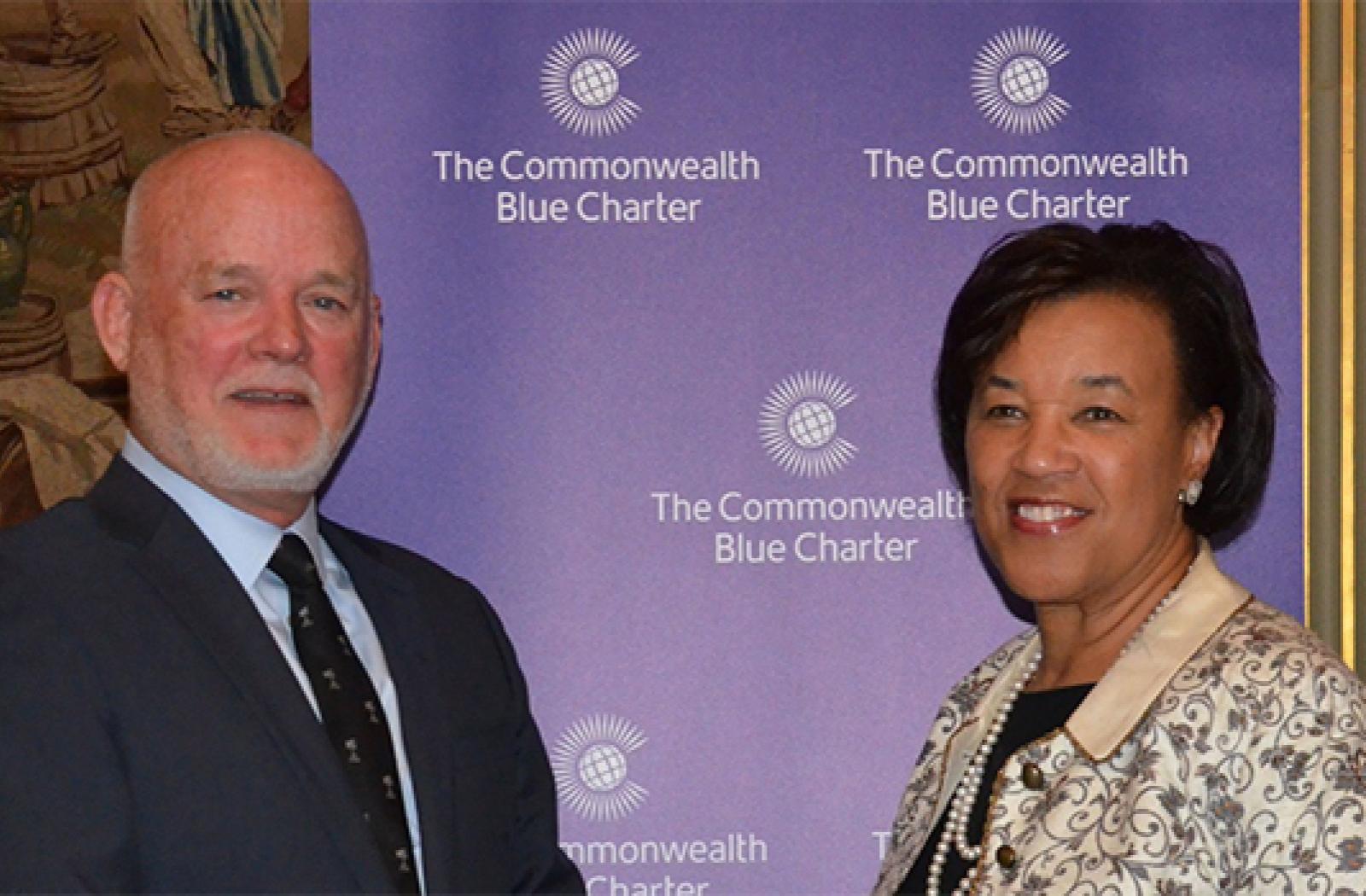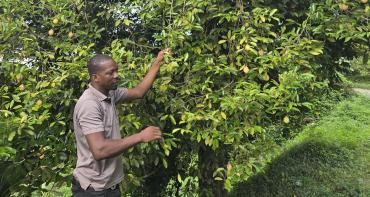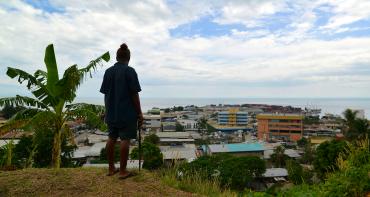‘Champion’ countries of the Commonwealth Blue Charter - a commitment made by the 53 Commonwealth member states to work together to solve ocean-related problems - are laying the groundwork for joint action and developing robust, innovative strategies to tackle the world’s most pressing ocean issues.

‘Champion’ countries of the Commonwealth Blue Charter are laying the groundwork for joint action and developing robust, innovative strategies to tackle the world’s most pressing ocean issues.
The Secretary-General Patricia Scotland opened a four-day programme yesterday in London for countries leading on the Blue Charter – a commitment made by the 53 Commonwealth member states to work together to solve ocean-related problems.
She said: “We are determined for our collective engagement on the Commonwealth Blue Charter to focus on practical action, and for our response to be guided principally by those who experience most acutely the difficulty and trauma of ocean and climate-related challenges. They will be further supported by the acuity and knowledge of all the partners we can find, with the emphasis always on action.”
She welcomed delegates from the 12 countries currently chairing nine ‘action groups’ made up of like-minded countries from across the Commonwealth, who rally around key focus areas.
The nine action groups include: Aquaculture (led by Cyprus), Blue Economy (Kenya), Coral Reef Protection and Restoration (Australia, Belize, Mauritius), Mangrove Restoration (Sri Lanka), Ocean Acidification (New Zealand), Ocean and Climate Change (Fiji), Ocean Observations (Canada), Marine Plastic Pollution (United Kingdom, Vanuatu) and Marine Protected Areas (Seychelles).
The Secretary-General urged “concerted cooperation” among members, adding: “Human ingenuity got us to where we are today with our environment, and human ingenuity can get us out of it.”
Keynote speaker Peter Thomson, the United Nations Secretary-General’s Special Envoy for the Ocean echoed this message of hope. He highlighted the value of the Commonwealth as a platform for cooperation.
He said: “We have had two strengths as a human species. One is our ability to share, secondly is our power of innovation.
“Why, at the greatest challenge that humanity has ever faced, would we give up on our two greatest strengths? This would be the time when we really step forward with these abilities to tackle these challenges.”
Action groups will spend time reviewing progress, while sharing strategies on how to rally members, mobilise political backing, source funding for collaborative projects and boost public awareness. They were given a special reception by the New Zealand High Commission in London.
On Thursday, the programme homes in on intensifying partnerships, with a networking day co-hosted with Bloomberg Philanthropies. Countries will have the chance to link up with more than 50 potential partners from the private sector, academia, civil society and the international development community.
On the final day, Friday, countries will be hosted by the UK Foreign and Commonwealth Office to discuss priorities leading up to the next Commonwealth Heads of Government Meeting in Rwanda in June 2020.



